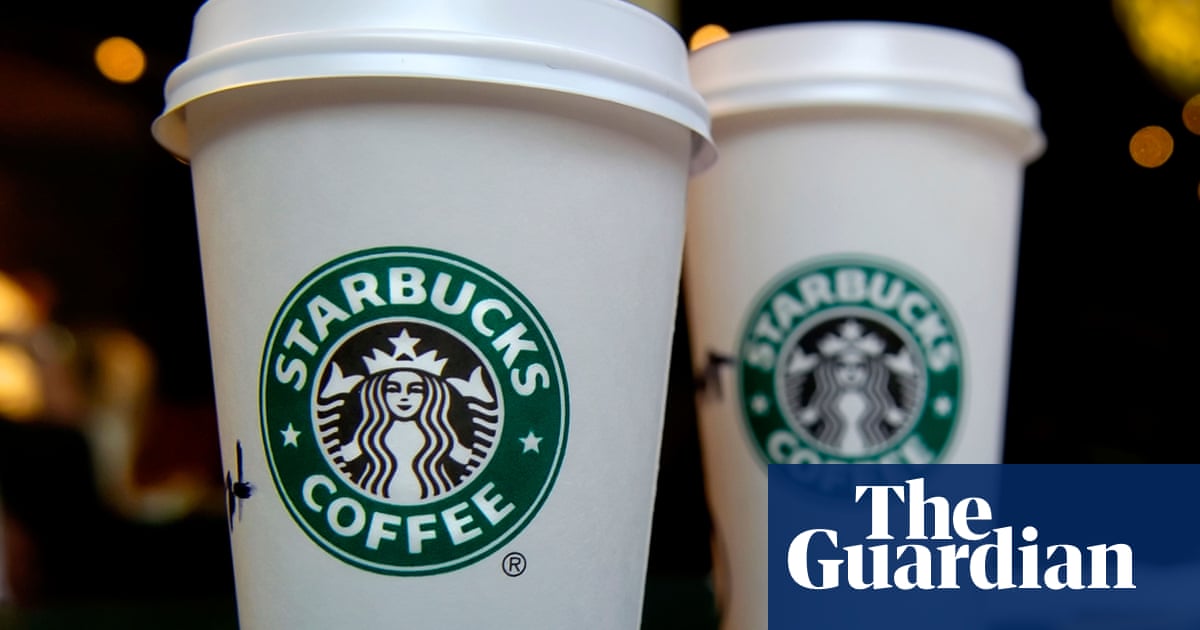Starbucks is shifting its strategy by planning to hire more baristas and increase their working hours at its coffee shops while scaling back on automation initiatives. This move comes as the company’s new leadership aims to revitalize the chain. Brian Niccol, who became Starbucks’ CEO last September, has committed to fundamentally changing the company’s strategy to regain customer trust. During a recent investor call, Niccol admitted that reducing staff in stores had not worked as intended. “Over the last couple of years, we’ve been removing labor from the stores, hoping that equipment could offset this reduction,” Niccol stated. “However, this assumption proved inaccurate.” Before joining Starbucks in summer 2024, Niccol tested increasing staff numbers in select stores. Since then, he has expanded this trial to approximately 3,000 of Starbucks’ 36,000 global coffee shops. Niccol emphasized that technology alone cannot enhance the customer experience; instead, adequately staffing stores with the support of technology is key. Additionally, Starbucks will reduce the rollout of its Siren Craft System, a technology designed to streamline drink-making processes. Niccol’s arrival at Starbucks marked one of the largest executive deals in US corporate history, with a sign-on package worth up to $113m. As the fourth CEO in less than three years, Niccol has promised to simplify the menu and adjust pricing strategies. Despite these efforts, Starbucks faces challenges as customers cut back on spending due to high drink prices, and the company grapples with rising costs. Niccol also mentioned plans to bake fresh items and assemble some products at scale in stores, inspired by successful trials in the UK. Other changes, such as handwritten notes on cups, the use of ceramic cups, and better seating, have encouraged more customers to stay in cafes. However, Niccol’s turnaround efforts have yet to significantly impact Starbucks’ financial performance. The company recently reported worse-than-expected results for the first quarter, with a 1% drop in global sales—the fifth consecutive quarterly decline. Niccol described the results as “disappointing,” noting that while sales rose in China and Canada, the US market remains weak. — new from The Guardian
